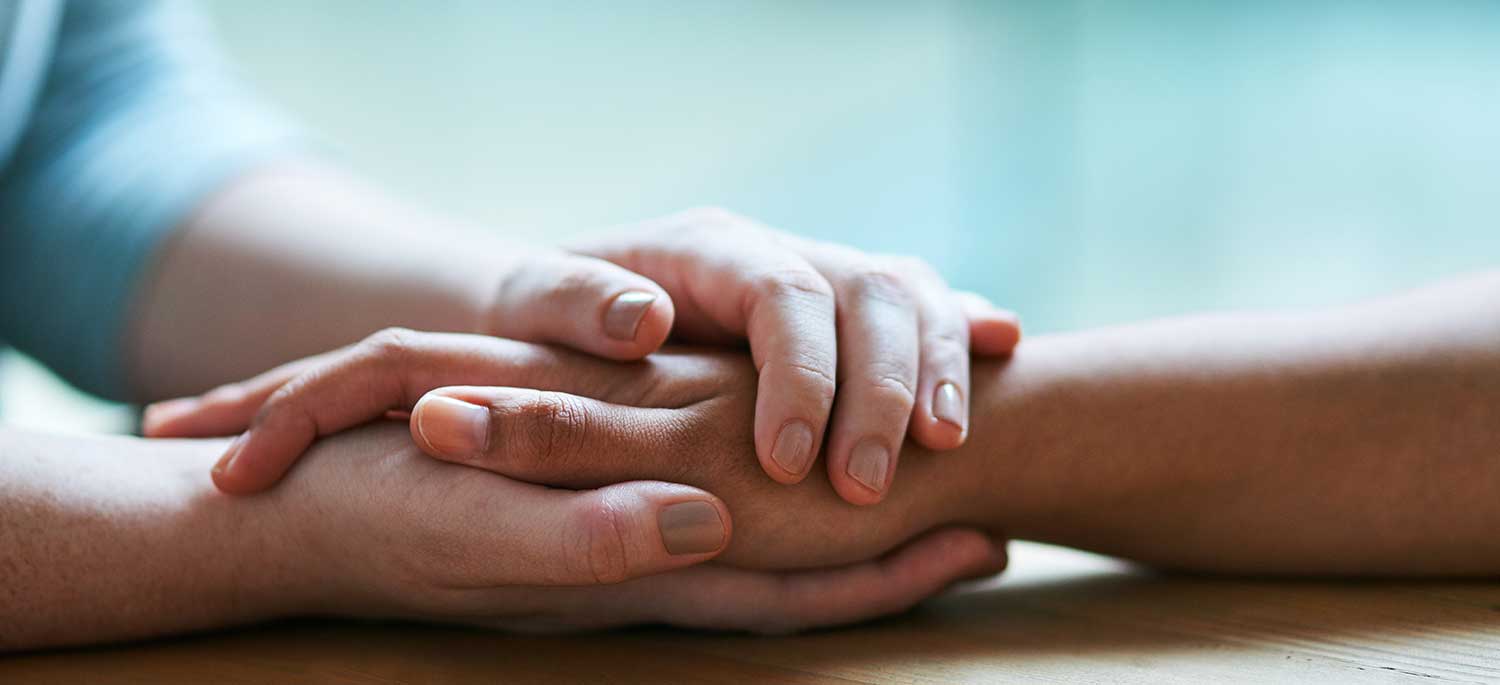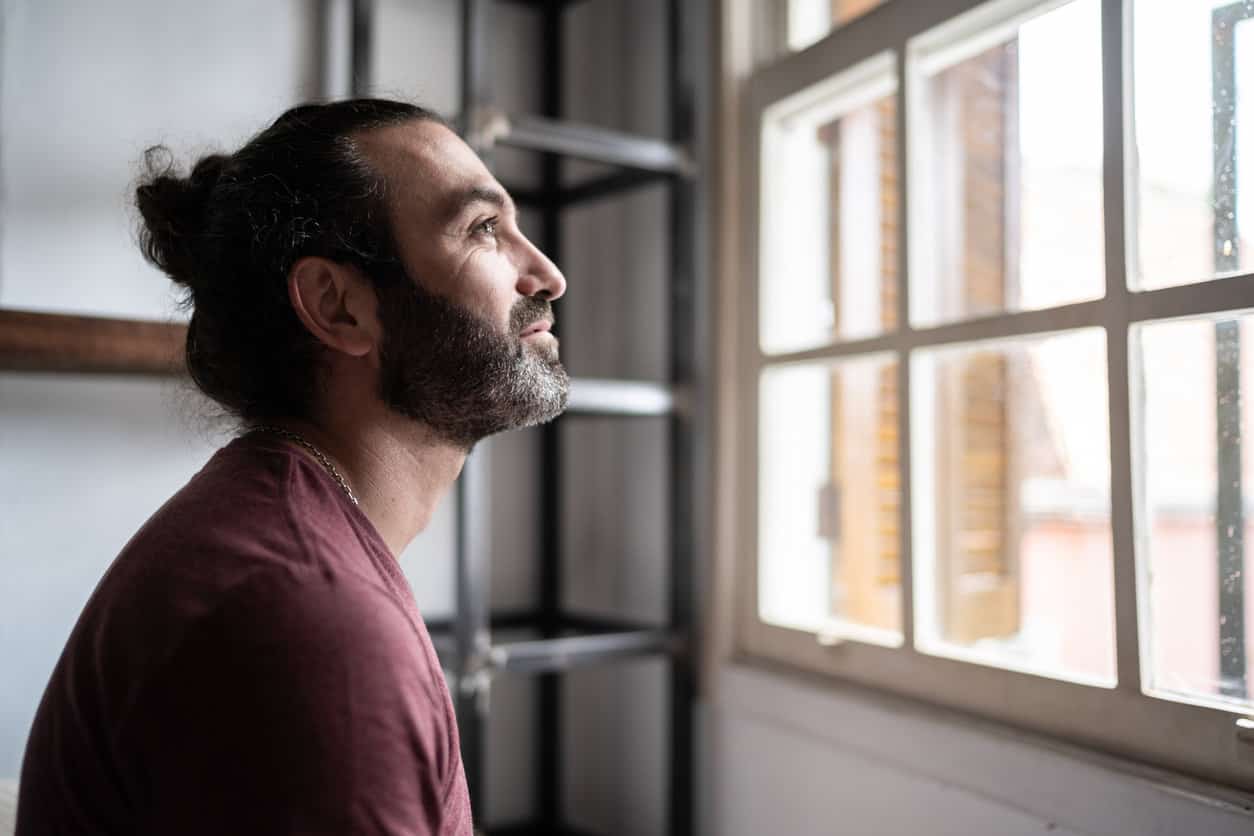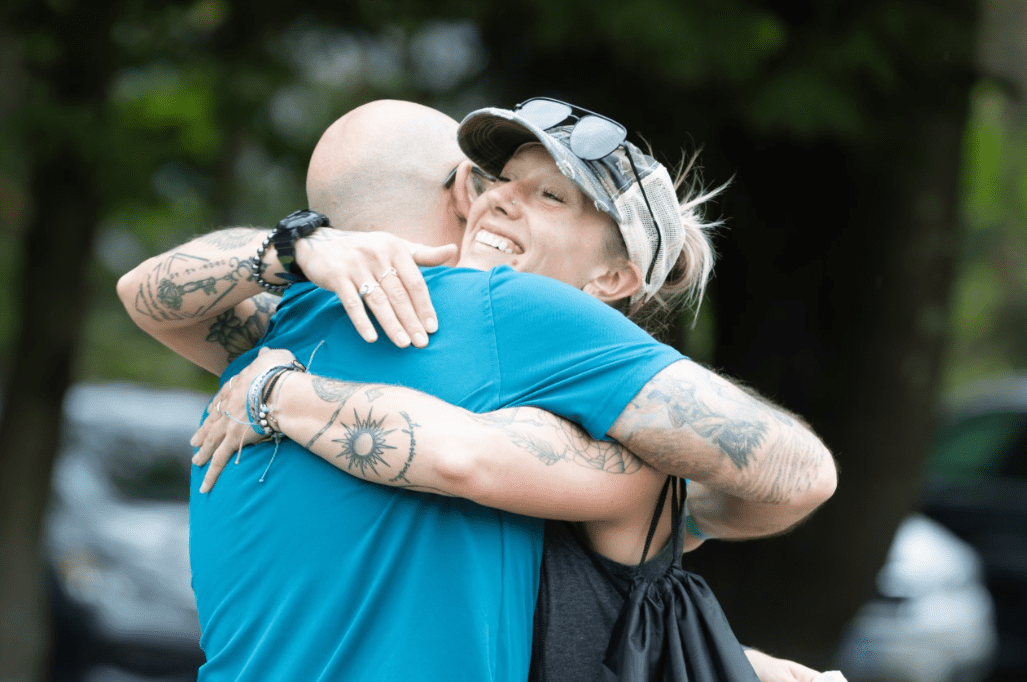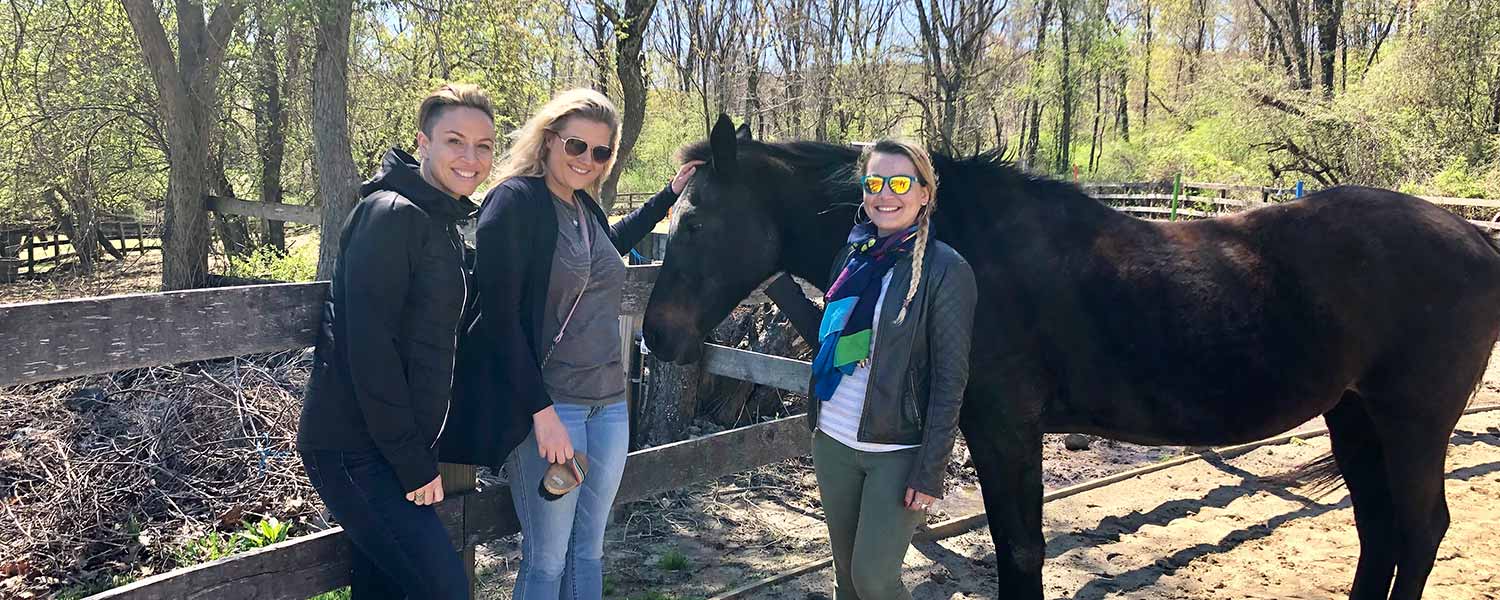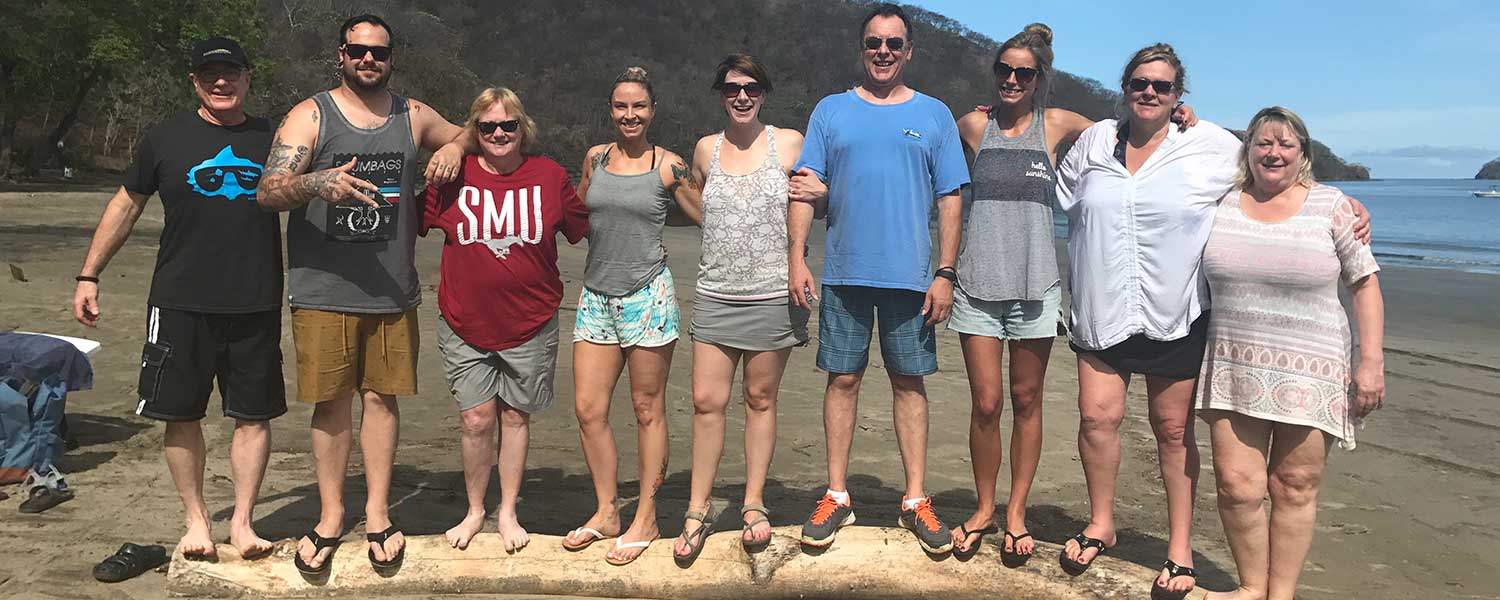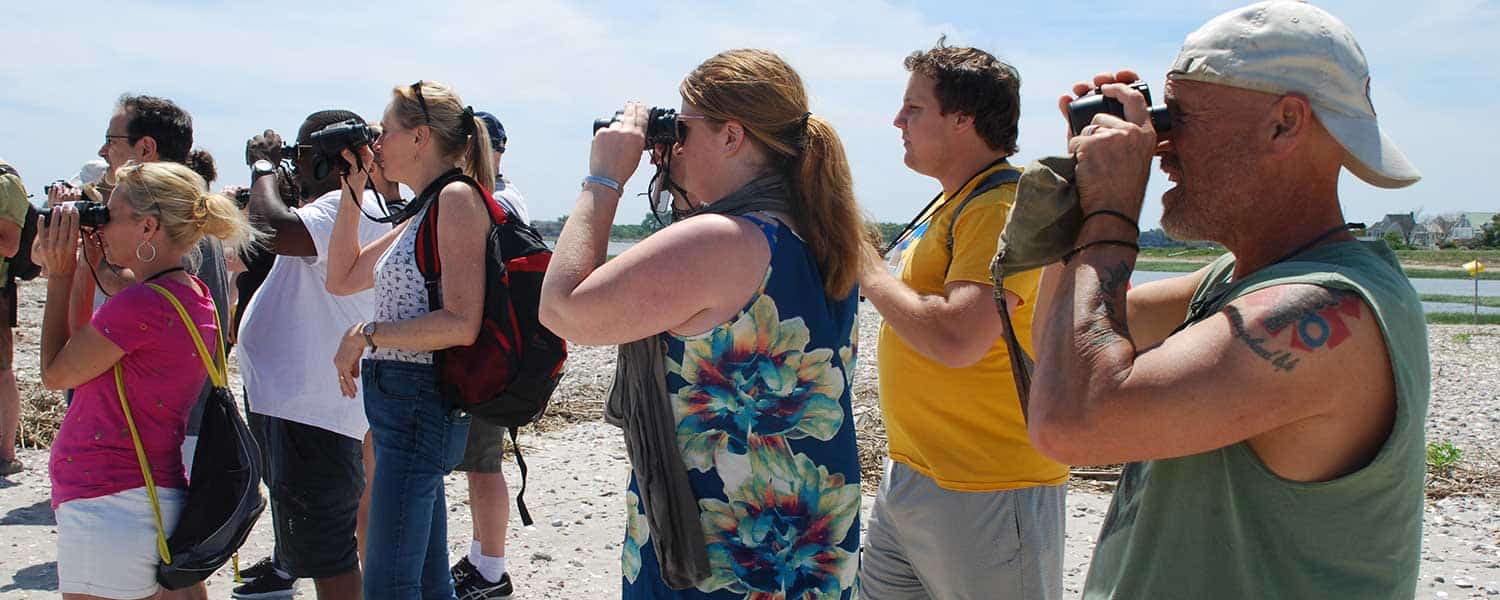It is no secret that staying sober is easier when you have a strong support network that you can count on. But forming these connections doesn’t always come easily. The first year of recovery can feel somewhat alienating as you struggle to find ways to socialize and connect that don’t involve substance use. This is also a critical time in which you must re-define the basis of the friendships and supports you welcome into your life. This can seem like an overwhelming process, but building your support network is essential to recovery. And in the end, not only will your support network help keep you going when times get tough, they make the good times all that much more enjoyable!
Below, you’ll find several tips on how to build a strong sober support network in early recovery:
Who to Include:
Your sober support network should be varied and diverse. While it’s important to feel a rapport and comfort with all of the people in your sober network, it is also vital that they not all have the same amount of time in sobriety as you. You should strive to include at least one individual that has several years of sobriety, as this person can likely teach you a lot through their example and the way they have structured their recovery.
Where to Look:
One of the most common places to begin building a recovery network is at your support group, usually a 12 Step ‘home group’ in which you have spent a bit of time and in which you feel comfortable. However, making new sober friends is not only limited to “coffee pot socializing” at a meeting. As you reengage with activities that feed your soul – working out, yoga classes, rock climbing gyms, etc. – take time to introduce yourself to others. Another possibility is to begin taking personal or professional development courses – a foreign language, career workshops, cooking classes, etc. Friendships in sobriety are based on kindred spirits bonding over shared passions, rather than the sharing of substances. Putting yourself into these environments is half the battle!
Try Meetup and Instagram:
By using hashtags related to recovery such as #livingsober or #soberlife, you can find posts from people just like you who are living their lives in recovery. These people can make for potential new friends. And in the case of Meetup, you can also find activities happening in your area that you can take part in.
Remain Open to New Sober Activities:
A big part of recovery is rediscovering how to have fun in sobriety. This very often includes being open-minded about activities that you might have had little to no exposure to prior to recovery, such as bowling, painting, outdoor sports, or karaoke. Remember that it isn’t always the activity itself that matters the most: it’s the new genuine relationships you are fostering with those in your support circle. Keep in mind that cognition follows behavior. Therefore, rather than try to overcome your resistance to trying something new, simply go and participate and you will likely leave feeling grateful that you went.
Who Not to Include:
Severing ties with old drinking or using buddies can be one of the biggest challenges for some people in early recovery. This challenge becomes even more difficult when it is a family member who is still abusing substances and wants to be a part of your life. The fact remains that spending time around people who are still using – especially if using together was the basis of your relationship – is powerfully triggering and ought to be avoided at all costs. Though this might feel unfair to the other person, what is most critical at this time is restructuring your life to support you in your recovery. There might come a day when you have the skills necessary to be around others who are intoxicated in your presence, but during the early days of recovery, it is a battle that is not worth fighting.
If you or a loved one is struggling with addiction, Mountainside can help.
Click here or call (888) 833-4676 to speak with one of our addiction treatment experts.

 By
By 